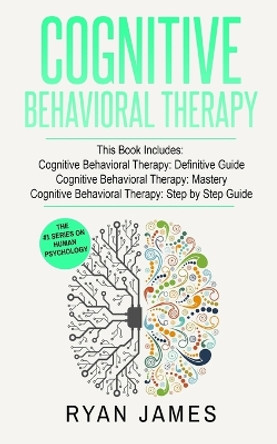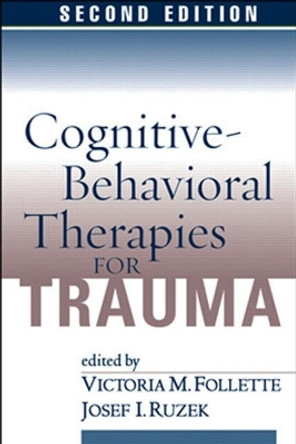Cognitive-Behavioral Play Therapy (CBPT) incorporates cognitive and behavioral interventions within a play therapy paradigm. It provides a theoretical framework based on cognitive-behavioral principles and integrates these in a developmentally sensitive way. Thus, play as well as verbal and nonverbal approaches are used in resolving problems. CBPT differs from nondirective play therapy, which avoids any direct discussion of the child's difficulties. A specific problem-solving approach is utilized, which helps the child develop more adaptive thoughts and behaviors. Cognitive-behavioral therapies are based on the premise that cognitions determine how people feel and act, and that faulty cognitions can contribute to psychological disturbance. Cognitive-behavioral therapies focus on identifying maladaptive thoughts, understanding the assumptions behind the thoughts, and learning to correct or counter the irrational ideas that interfere with healthy functioning. Since their development approximately twenty-five years ago, such therapies have traditionally been used with adults and only more recently with adolescents and children. It has commonly been thought that preschool-age and school-age children are too young to understand or correct distortions in their thinking. However, the recent development of CBPT reveals that cognitive strategies can be used effectively with young children if treatments are adapted in order to be developmentally sensitive and attuned to the child's needs. For example, while the methods of cognitive therapy can be communicated to adults directly, these may need to be conveyed to children indirectly, through play activities. In particular, puppets and stuffed animals can be very helpful in modeling the use of cognitive strategies such as countering irrational beliefs and making positive self-statements. CBPT is structured and goal oriented and intervention is directive in nature.
About the AuthorSusan M. Knell, Ph.D., is a clinical psychologist and current Director of the Diagnostic Assessment Center of the Child Guidance Center of Greater Cleveland.
ReviewsThe term play therapy connotes . . . a psychodynamically based type of intervention. Susan Knell's book expands on this . . . traditional view of play therapy. She discusses the various theoretical approaches to play therapy, and . . . then describes the integration of cognitive-behavioral interventions with more traditional play therapy. . . This is an excellent book that can be read by therapists from all persuasions who deal with children with a variety of therapeutic problems. -- Dennis P. Cantwell
This long awaited volume is a landmark in the continuing application of cognitive-behavioral approaches to diverse disorders and patient populations. For the first time, the cognitive therapist can draw on Susan Knell's vast experience in integrating cognitive behavioral principles into play therapy. The author provides not only a blueprint for working with children but gives detailed guidelines for treating typical problems of childhood. This book is a `must read' for novice and experienced child therapists. -- Aaron T. Beck M.D., professor of psychiatry, University of Pennsylvania School of Medicine
Book InformationISBN 9781568217192
Author Susan M. KnellFormat Paperback
Page Count 302
Imprint Jason Aronson Inc. PublishersPublisher Jason Aronson Inc. Publishers
Weight(grams) 440g
Dimensions(mm) 229mm * 154mm * 23mm







